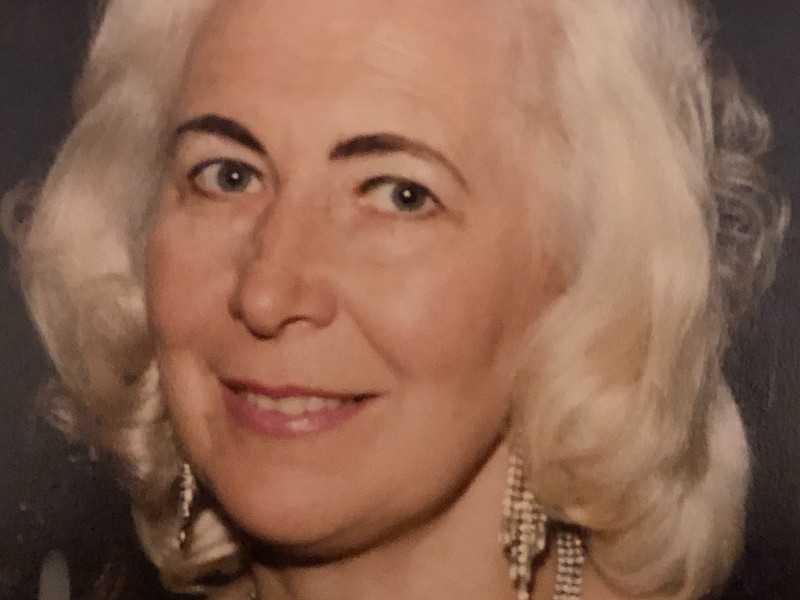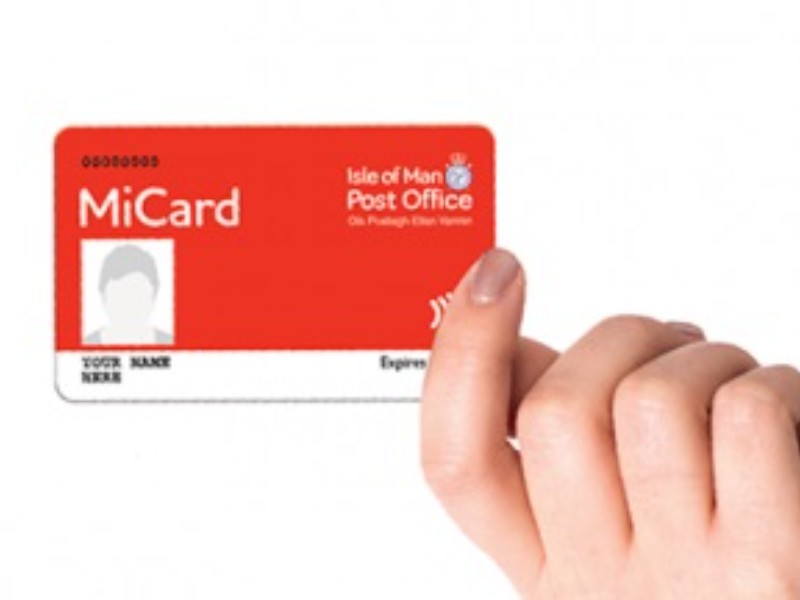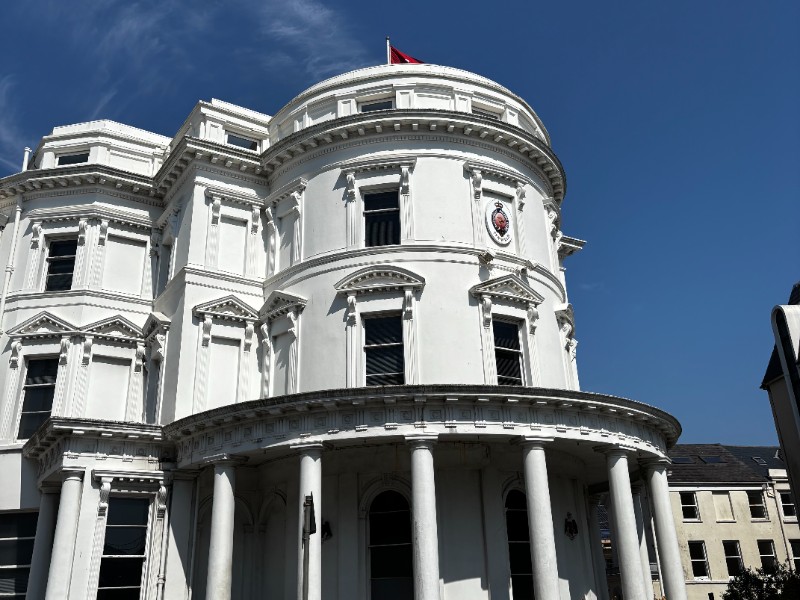
Government to scrap outdated exemptions after four decades
The Isle of Man Government is set to progress what would be the most significant reform of the Island’s jury service eligibility in more than four decades, after a public consultation revealed strong backing for changes to the existing system of professional exemptions.
The review followed recommendations from a Tynwald Select Committee and marked the first substantial revision of the jury framework since the Jury Act 1980.
The consultation sought views on whether longstanding automatic exemptions for certain professions – such as medical practitioners, civil servants, journalists, and clergy – should be abolished in favour of a system where all eligible citizens may be called to serve, with excusal considered on a case-by-case basis.
A total of 223 responses were received, including submissions from members of the public, organisations, and government officials.
Majority support for change
Eighty-six percent of respondents agreed that the current list of exempt professions is too broad and should be updated, arguing that the existing rules restrict the diversity and representativeness of juries.
Many respondents pointed out that in a small community such as the Isle of Man, maintaining extensive exemptions further reduces the potential jury pool and can undermine public confidence in the fairness of the justice system.
The majority also favoured moving to a case-by-case exclusion model, as used in England and Wales. 71 percent of respondents supported the proposal that no profession should be automatically excluded from jury service, but that individuals should be able to request excusal if serving would cause hardship or significantly disrupt essential services.
Professional exemptions
Under the current Jury Act, a wide range of professions and roles are automatically exempt from jury service, grouped into categories including the legislature, judiciary, those involved in the administration of justice, the clergy, and a variety of other public and private sector jobs.
The consultation found only moderate support for retaining exemptions for Tynwald Members and certain roles connected to the legislature, primarily due to the principle of separation of powers. However, there was strong support for maintaining automatic exemptions for members of the judiciary and those with direct involvement in the court system, due to clear conflicts of interest.
Most other professions – including teachers, medical practitioners, journalists, and emergency service personnel – did not attract majority support for continued exemption.
The government has indicated that these automatic exemptions will be scrapped, with individuals instead able to apply for excusal if their absence from work would result in substantial hardship or a loss of critical public services.
Disability and mental health modernisation
While there was significant support for maintaining exemptions for those with certain mental health conditions or disabilities, the government believes that blanket exclusions are inconsistent with the Equality Act 2017 and modern legal standards. The planned reforms will introduce a case-by-case assessment for those with disabilities or health issues, ensuring that anyone unable to serve as a juror due to a condition may still be excused, but without imposing a blanket ban.
Former professional exemption period
Currently, individuals in exempt professions remain ineligible for jury service for 10 years after leaving their role. The consultation found little support for maintaining this rule, with nearly 80 percent of respondents in favour of shortening or abolishing the post-employment exemption period. The government has confirmed it will remove the ten-year blanket restriction, although recent former professionals will still be able to apply for excusal if there is a potential conflict of interest.
Personal circumstances
Concerns were raised that some individuals – particularly carers, front-line workers, and the self-employed – could face personal or financial difficulty if required to serve. The government has pledged to publish enhanced guidance outlining what constitutes a ‘good reason’ for excusal and to ensure the process for requesting to be excused is accessible and well-publicised.
Potential legislative changes
The Cabinet Office says that an amending order to the Jury Act 1980 will be brought to Tynwald before the end of 2025. The reforms are expected to see a move away from most automatic professional exemptions, with the exception of a small number of roles directly connected to the justice system and legislature.
Justice and Home Affairs Minister Jane Poole-Wilson previously described jury service as a “vital part” of the justice system, emphasising the need for procedures that are fair, transparent, and representative of the Island’s community.
The government says the new approach will create a more inclusive jury system, better reflect the Island’s population, and ensure that the right to a fair trial by a jury of one’s peers is protected for years to come.

 Balthane Roundabout targeted for Spring 2027 completion, says infrastructure minister
Balthane Roundabout targeted for Spring 2027 completion, says infrastructure minister
 Jurby Junk founder dies aged 90
Jurby Junk founder dies aged 90
 Treasury exploring replacement payment card scheme
Treasury exploring replacement payment card scheme
 Liverpool ferry terminal dispute escalates in House of Keys as minister refuses to publish final cost
Liverpool ferry terminal dispute escalates in House of Keys as minister refuses to publish final cost
 Assisted Dying Bill: Health minister writes to MHKs as Ministry of Justice holds legislation under review
Assisted Dying Bill: Health minister writes to MHKs as Ministry of Justice holds legislation under review